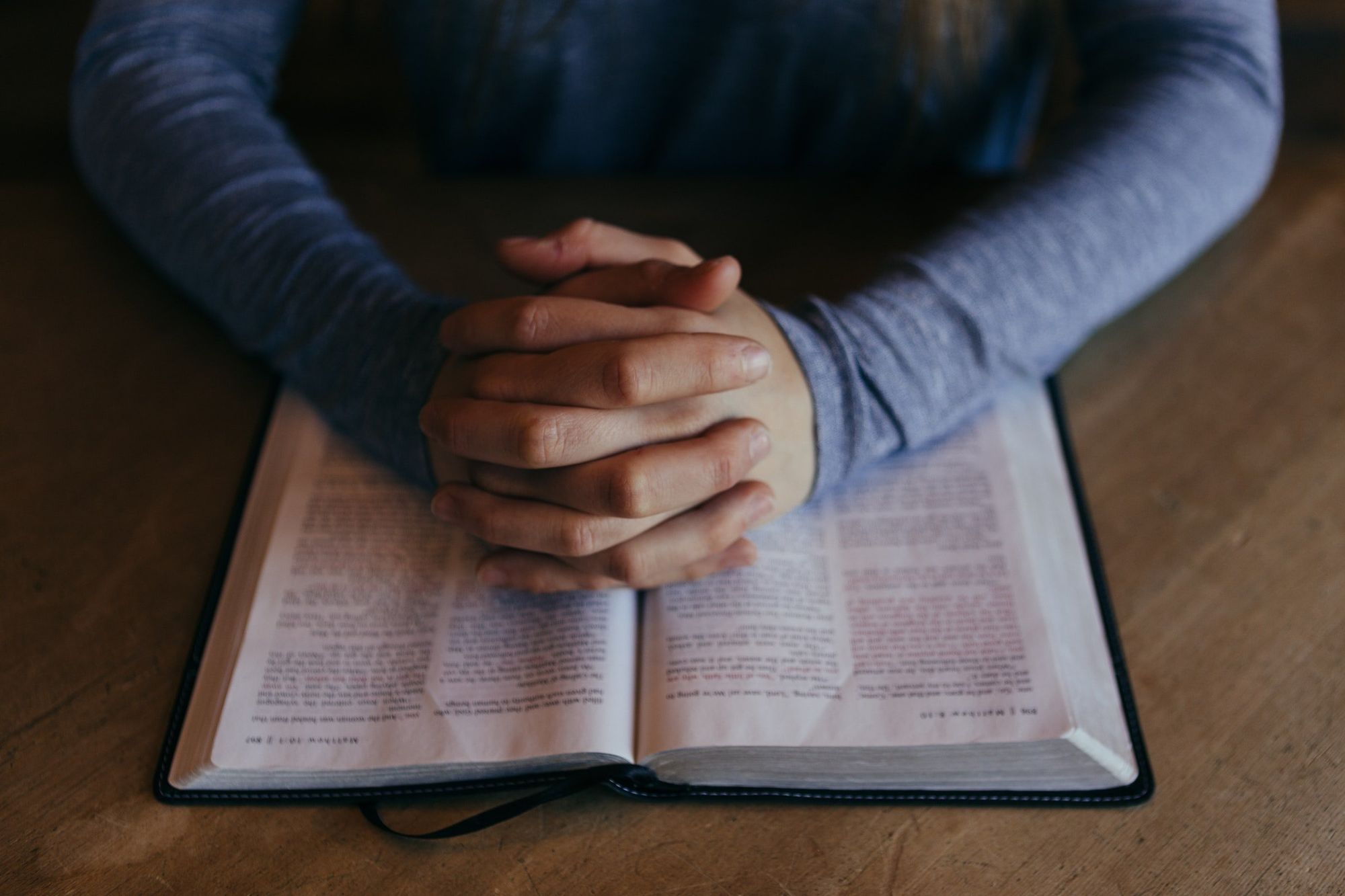Those familiar with the Ukraine know that it used to be called ‘the breadbasket of the USSR’ because of its rich, black soil and extensive wheat harvests.
Today, with its many Evangelical churches, Ukraine is also regarded as the ‘Bible belt’ of eastern Europe.
Ukraine won independence from the Soviet Union in 1991. This, in itself, is a powerful testimony to the sovereignty of God. The Communist forces that once viciously opposed Christianity have suffered defeat, while the church of Jesus Christ lives on.
The past
In the 16th century the Reformation came briefly to Ukraine. Francisk Skoryna translated the Psalms and 22 other books of the Bible into Slavic (1517-1519).
In 1581, Ivan Fedorov published the first Ukrainian Bible. However, the Reformation was squeezed out by western Roman Catholicism and Eastern Orthodoxy.

Some seeds of faith survived. Among those who laboured to preserve the gospel was Grysoriy Skovoroda (1722-1794), who found salvation ‘not in the traditions of the church, but in pure faith in God whom man can know only through Jesus Christ’.
By the end of the nineteenth century, Ukraine had evangelical missionaries from the West working in it, although very few native Ukrainians were able to read the Bible. The eastern and southern parts experienced spiritual awakenings during this time.
Revival
In the early 20th century, Panteleymon Kulish completed a fresh translation of the Bible. During this period revival came to western Ukraine. For example, one western village saw hundreds converted during the 1920s. These converts remained faithful to Christ through the persecutions that followed, many Christians there still serving the Lord fifty years later.
Today, hundreds of village churches in western Ukraine are a reminder of that past period of blessing.
Some have also claimed that the last ten years have seen times of great revival but the present authors doubt the validity of that claim.

Many people have come into the churches, it is true. But what message have they actually heard there? Was it a call to believe in the Lord Jesus Christ, or an exhortation to trust in their own act of ‘believing’?
The present
Ukraine lies between Poland and Russia. This geographical fact reflects on the religious situation. Western Ukraine has both Roman Catholic and Eastern Orthodox churches. Eastern Ukraine has few Roman Catholic churches, but many Orthodox ones.
Western Ukraine is more nationalistic; witness the prevalence of the Ukrainian language there as opposed to Russian.
Increasing urbanisation throughout Ukraine has resulted in many hardships for farmers. It is said that ‘one in three village houses stand empty’ because of this trend. One farmer summarised the problem when he said: ‘Drinking water is more expensive than milk’.
Ten years after the break up of the USSR, we still ask ourselves: ‘Where did all the Communists go?’ Their influence seems to continue, as is evidenced by incomplete economic and political reforms and continued corruption in society.
On the other hand, there is undeniably more political and religious freedom. This is demonstrated by what can now be broadcast on national TV.
Weekly, on a local TV station, you can watch an Evangelical preaching from an open Bible. That is encouraging, but one must remember that evangelical pastors are still not legally recognised by the government.






